This article was originally published on April 5 2021
Sir Paul Callaghan had a vision for New Zealand. A decade after his death, a mission-based economic model involving government re-working capitalism might just give it a chance.
Ten years ago, on March 30 2011, physicist and visionary Sir Paul Callaghan gave his famous myth-busting speech at a StrategyNZ workshop.
Sir Paul had terminal cancer, he didn’t have much time to get his message across, or anything to lose if he pissed off a few people in power.
So he let rip.

Clean green New Zealand? A myth. Look at the dairy industry.
Taking a moral high ground globally about our environmental performance? “Egregious hypocrisy”.
Great place to bring up kids? With inequality like this, I don’t think so.
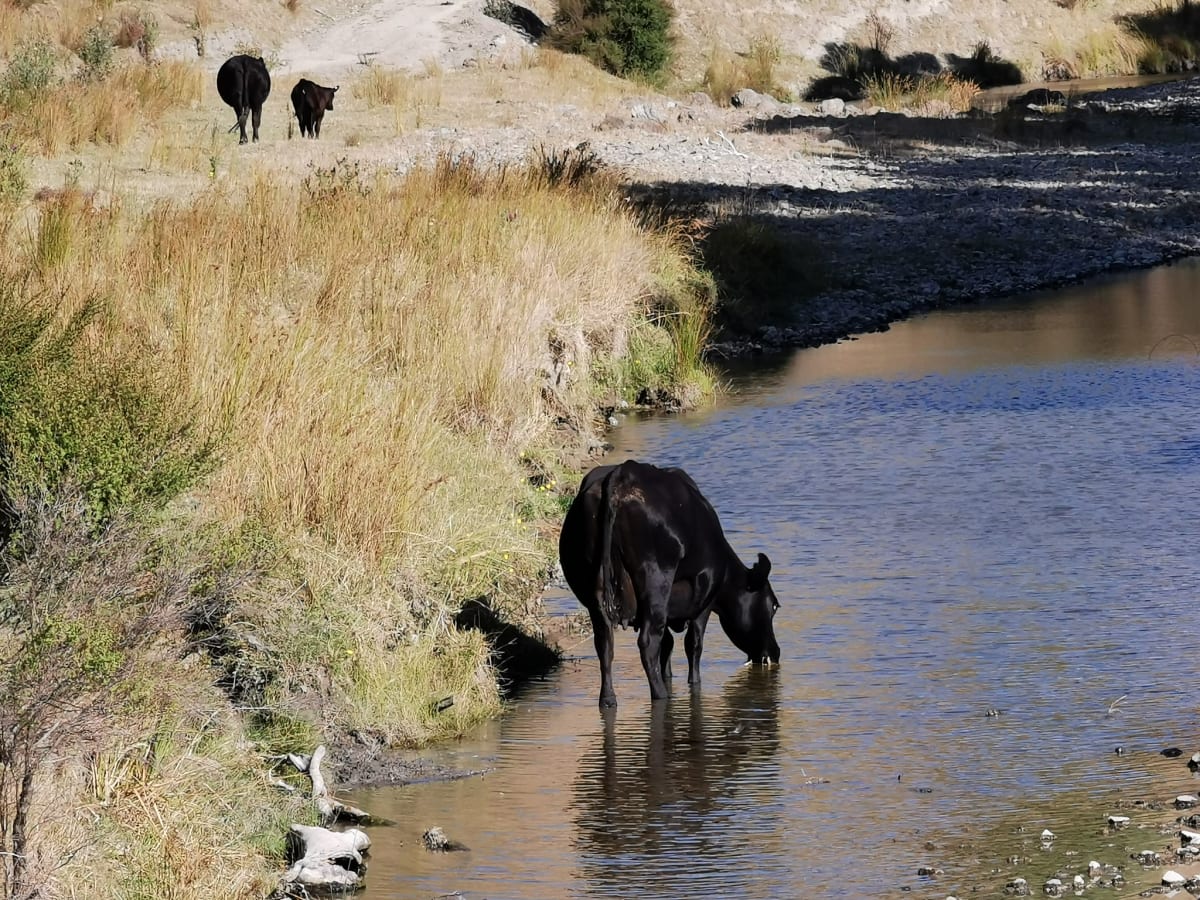
It doesn’t matter we aren’t rich like the Australians. Rubbish. Prosperity matters. When Sir Paul was a kid, more Australians migrated to New Zealand than vice versa, and the Kiwi dollar was worth more than the Australian dollar. “Australians were poorer than New Zealanders.”
We have a great lifestyle. Yeah right. So why do we work so hard and earn so little? Our productivity was then, and is still, among the worst in the OECD. We work longer hours for less money than almost anyone in the developed world. “We choose to be poor.”
One of the ways we choose to be poor is by cultivating low-wage industries, Callaghan said. Ten years ago, Prime Minister John Key was also Minister of Tourism. Fantastic, Callaghan said. Let’s have a strategy from the top of building lots more poorly-paid jobs which add little to individual or country-wide wealth, but instead just bring crowds more people to our most beautiful areas. Brilliant.
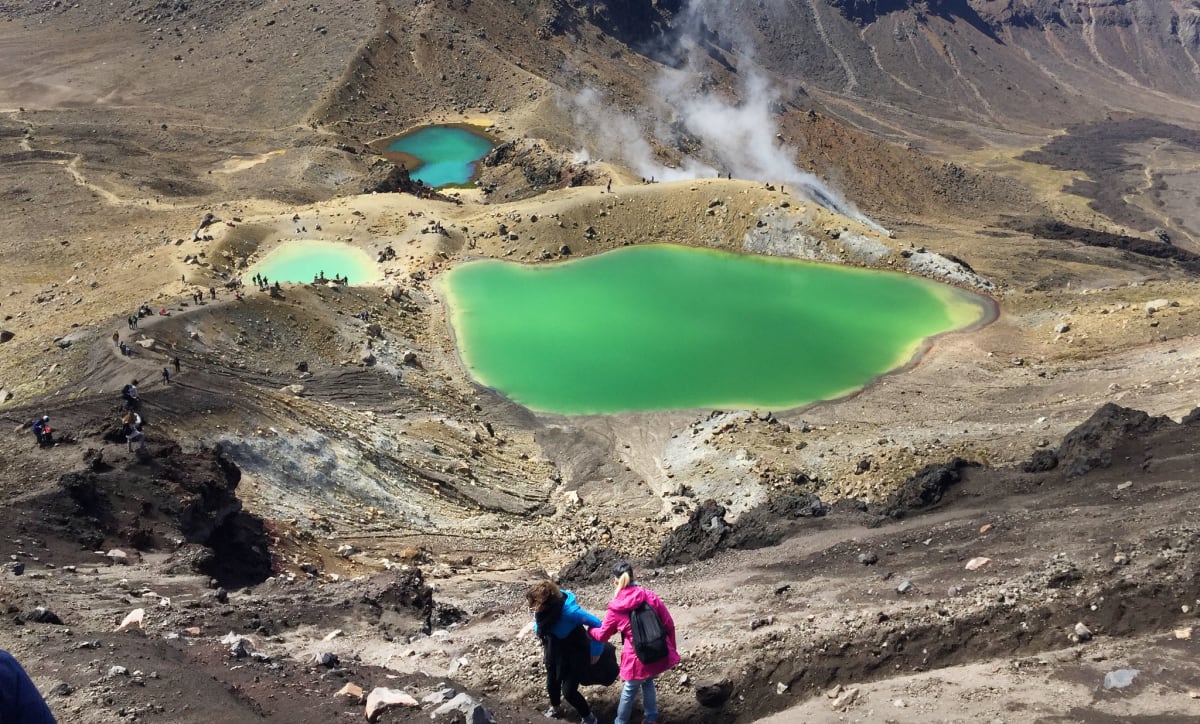
And Callaghan wasn’t even thinking about the impacts on the economy of a massive reliance on inbound travellers when there could be a pandemic around the corner.
Silly him.
What we need is not visitors, but stayers, he told the audience in March 2011 – and all the people who have listened to his speech online since then.
We need clever people who want to bring their skills to New Zealand. We need to create “a place where talent wants to live”. For that, we need interesting jobs, clever companies, and a country that actually lives up to the myths we have created.
“Talented people have a choice”
– Sir Paul Callaghan
“If we don’t understand the importance of the environment and social justice and liveable communities and good transport and education and health systems, we don’t get it,” Callaghan said.
“Talented people have a choice.”
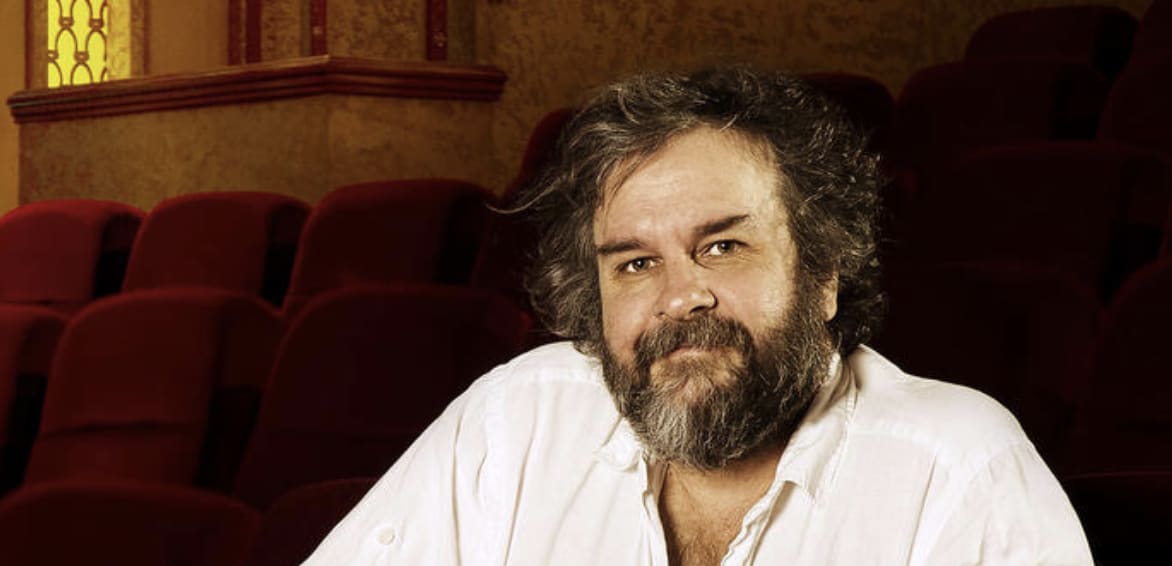
The same myths
Ten years on, we are still counting on talented people flocking to New Zealand, especially now we are Covid-free – or mostly. Film people, super yacht people, scientists, doctors, technology whizzes, academics. They are all desperate to come, we tell ourselves.
As Siouxsie Wiles, microbiologist, self-styled pink-haired science lady, Covid guru and most recently New Zealander of the Year wrote in the Spinoff on the fifth anniversary of Sir Paul’s speech: “As an immigrant myself, I’m in no doubt that if New Zealand is not ‘the place where talent wants to live’, it’s certainly very high on the list.
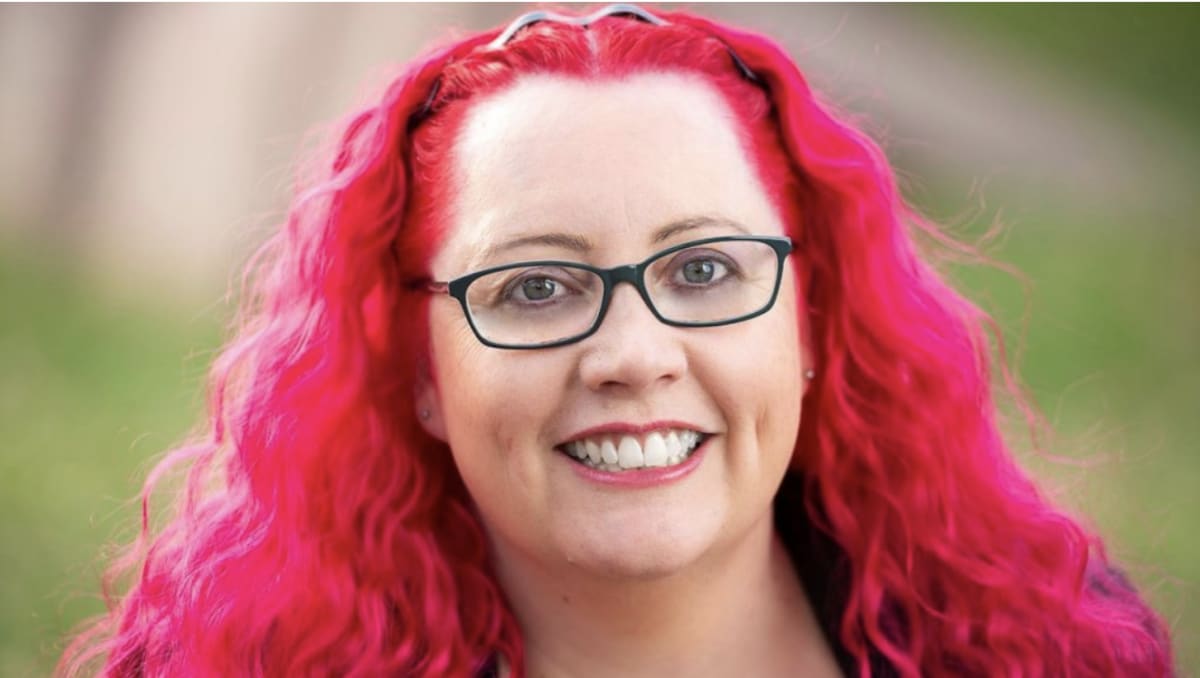
“But when that talent arrives they’ll be shocked to find that our clean green image is a fantasy, our rates of infectious diseases are diabolical and our housing market so overheated that families are living in their cars. And despite all the evidence it’s a bad idea, we continue to rely on exporting dairy as one of our main industries.”
In that same article from 2016, Victoria University climate researcher James Renwick said very little had happened since Sir Paul issued his challenge on climate change five years before – particularly in terms of leadership from the top.
“The issue is more a failure of imagination and of leadership than it is of scientific excellence.”
– James Renwick
“New Zealand has some of the world’s leading scientists, from ice sheets to the stratosphere to ocean chemistry to solar panels and cow digestion. We have the knowledge and the potential to be a world leader in the renewable revolution and in enlightened climate policy.
“What still seems to be lacking is political will, suggesting that the issue is more a failure of imagination and of leadership than it is of scientific excellence. Bringing all of Richard Dawkins’ top scientists here is not the answer. Seeding the corridors of power with scientific understanding, with the vision to see a future vastly different to any past we’ve collectively known, may get us on the road to transformation.”
Where are we 10 years on?
Last week, 10 years to the day after the Callaghan speech, another group of speakers came together for a sort of ‘where are we now’ workshop: “Mission Aotearoa: Mapping our Future.”
Organised by Wendy McGuinness, head of Wellington-based think tank The McGuinness Institute, and the same person who persuaded the by-then seriously unwell Callaghan to talk in 2011, the workshop brought together scientists like MacDiarmid Institute directors Nicola Gaston and Dr Geoff Willmott, and Nasa chief scientist Dennis Bushnell, alongside business leaders like Sam Morgan (exTrade Me) and Alex Fala (Syft, Vend, Les Mills).
There was a bit of optimism among those 10-years-on speakers – but not much.
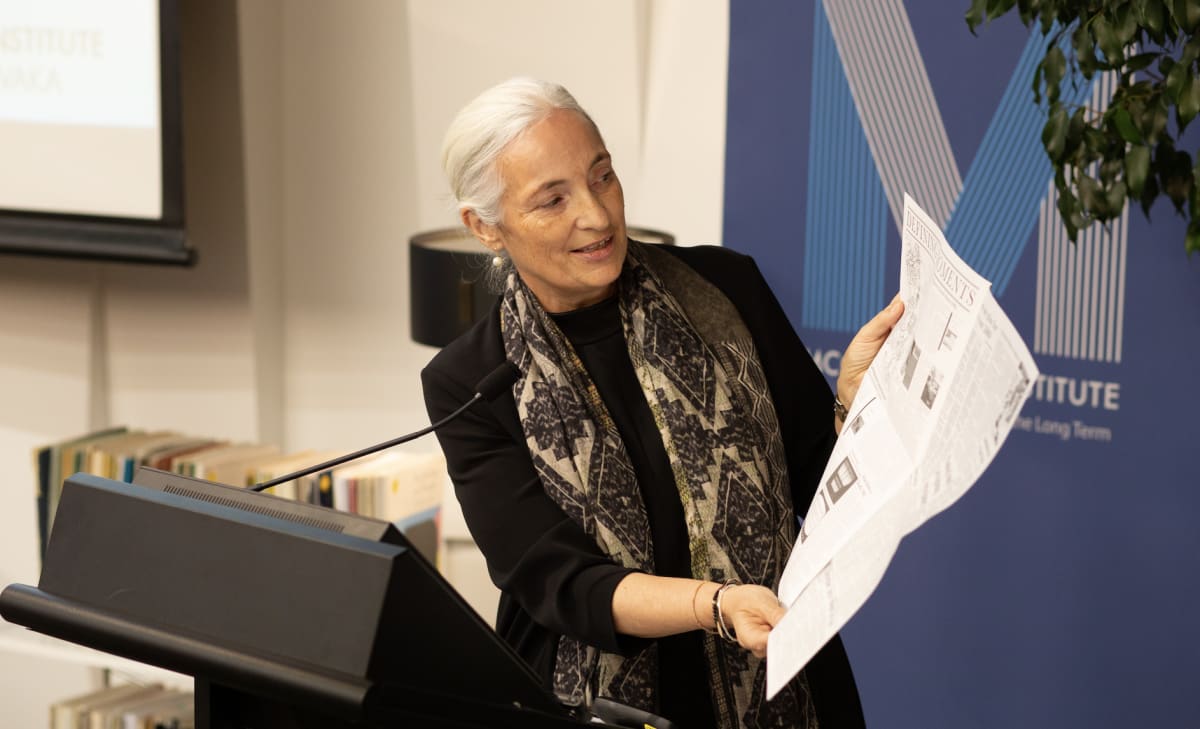
“We are at risk of going back to the status quo while the rest of the world pushes on,” McGuinness said. Historically, pandemics have forced humans to break with the past and imagine something new, she says. New Zealand needs to make sure the fact we got off relatively lightly from Covid-19 doesn’t mean we just keep on with the old ways.
Mission economics
One of the aims of Wendy McGuinness’ workshop was to introduce mainstream New Zealand to the concept of “mission economics”. Maybe clever people in the (virtual) audience knew lots about mission economics before, but I didn’t.
Mission economics is the brainchild of Professor Mariana Mazzucato, founding director of the University College London’s Institute for Innovation and Public Purpose, and “one of the world’s most influential economists… on a mission to save capitalism from itself”, according to the Quartz news site.

More specifically, Mazzucato wants to unleash the power of governments and policy makers to deal with the big challenges facing the world – climate change, soil and water pollution, inequality, disease, hunger – in a radically new way.
In January, Mazzucato published a book called Mission Economy: A Moonshot Guide to Changing Capitalism.
The concept starts with (and takes its name from) US President John F Kennedy’s mission to send men to the moon, announced in May 1961.
“To carry out the Apollo mission, hundreds of complex problems had to be solved,” Mazzucato says. “Some solutions worked, many failed. All came out of a close partnership between government and business: a partnership with a purpose.”
If you can do it with a moon landing – and 60 years later with a Covid pandemic – what about using a mission approach to solve other problems.
“To solve the massive crises facing us, we must be innovative — we must use collaborative, mission-oriented thinking while also bringing a stakeholder view of public private partnerships which means not only taking risks together but also sharing the rewards,” she writes.
“We need to think bigger and mobilise our resources in a way that is as bold and inspirational as the moon landing—this time to the most ‘wicked’ social problems of our time.”
Doing this means fundamentally restructuring capitalism “to make it inclusive, sustainable, and driven by innovation that tackles concrete problems”, she argues.
“That means changing government tools and culture, creating new markers of corporate governance, and ensuring that corporations, society, and the government coalesce to share a common goal.”
Mission economics in NZ
Mazzucato wasn’t available to talk at the McGuinness Institute workshop last week, but her second in command, Rowan Conway, was.
Conway leads the Mission Oriented Innovation Network at the Institute for Innovation and Public Purpose.
“Innovation is political,” she told the audience, and gave examples of mission-oriented approaches in other parts of the world, particularly in Europe.
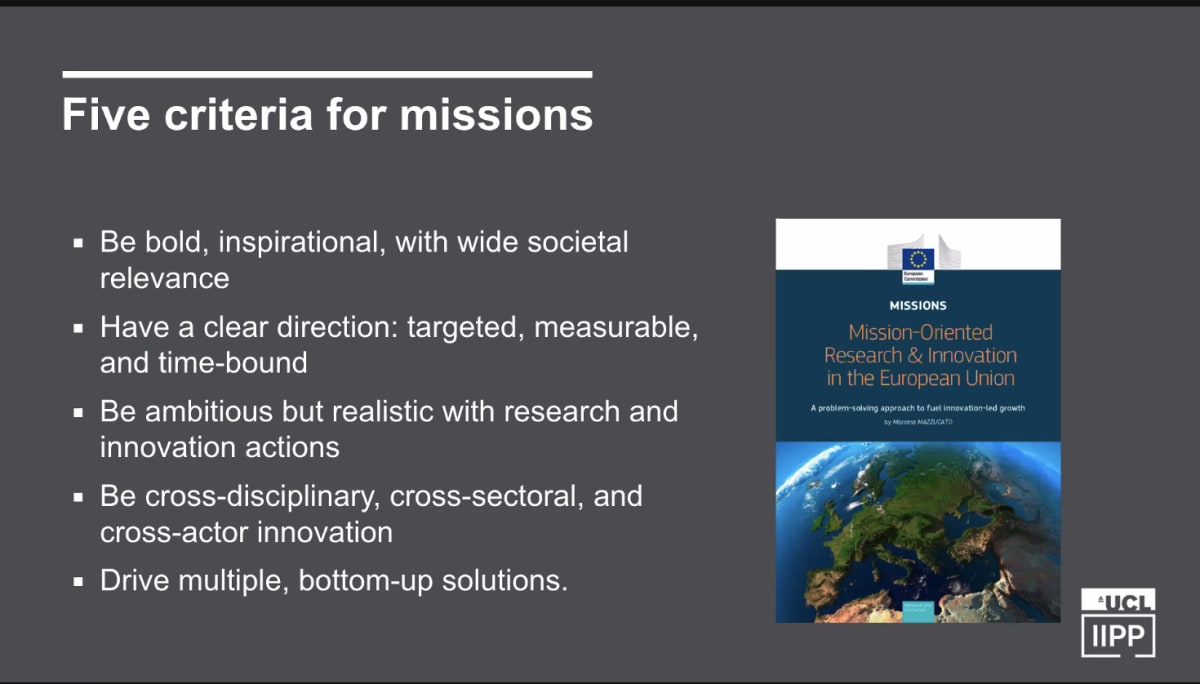
The EU has developed five missions, around climate change, cancer, healthy oceans, smart cities, soil health and food.
New Zealand could do it too, Conway says.
“You have the capital, capacity, innovation capability and confidence,” she says. “But mindsets and frameworks will need to shift. This will require confronting the paradigms underneath structures of economic and financial systems and building a collaborative model (in partnership with iwi, private sectors and communities) for mission-oriented innovation to achieve just, inclusive and sustainable goals.”
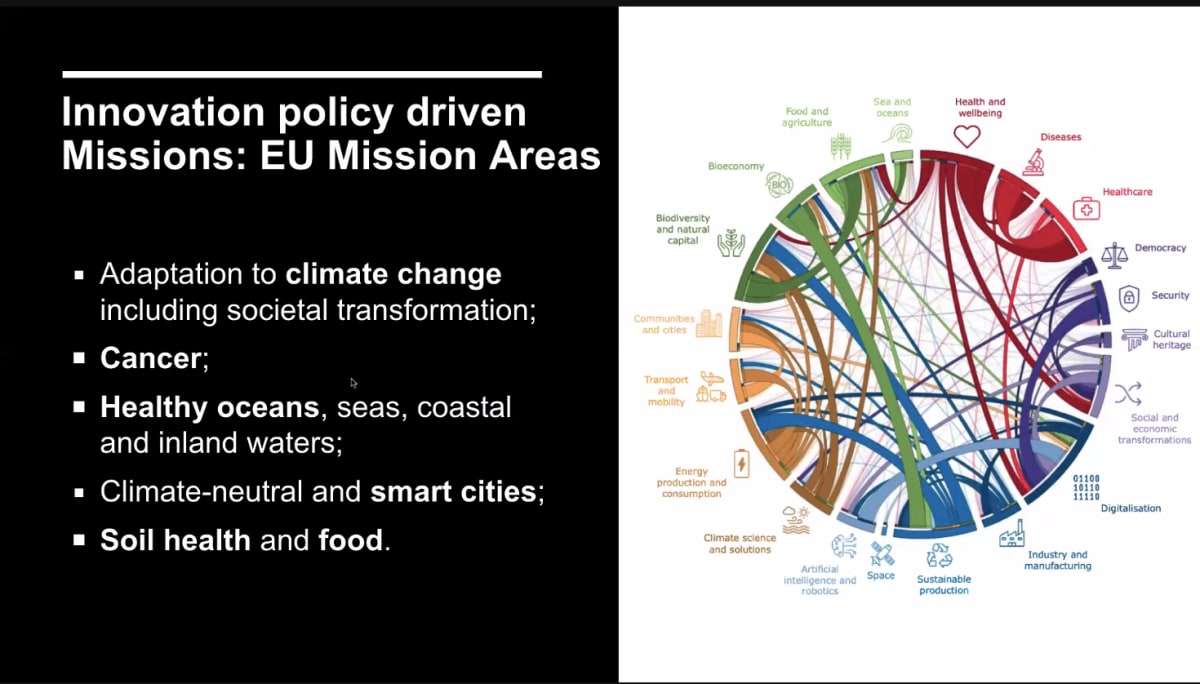
“We did it to go to the moon,” Mazzucato says. “We can do it again to fix our problems and improve the lives of every one of us. We simply can no longer afford not to.”
Sir Paul Callaghan, who 10 years ago called for visionary leadership in this country and didn’t find it, would be cheering in his grave.



